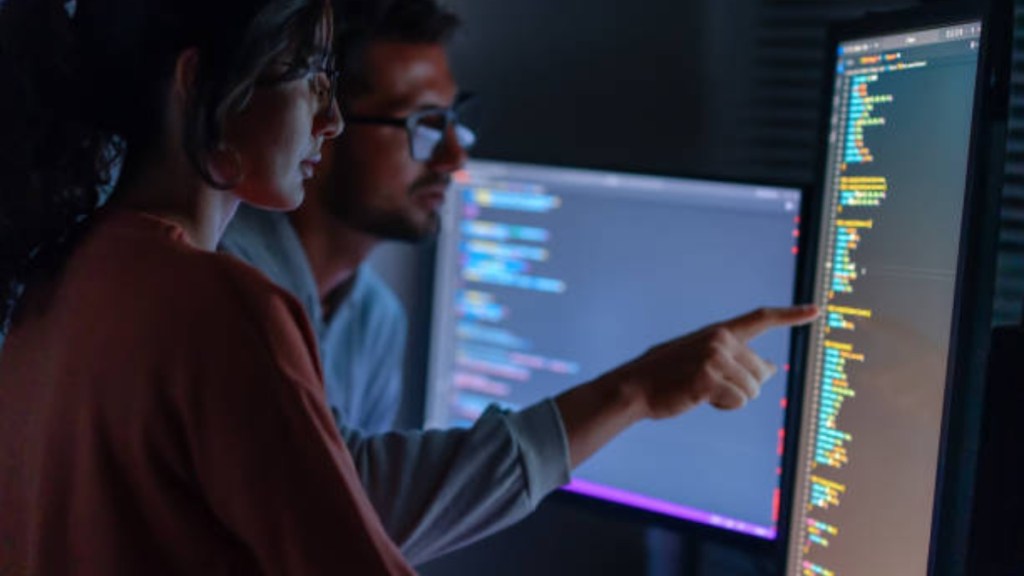By Irina Ghose
In the past two years, advancements in artificial intelligence (AI) have been nothing short of revolutionary. Significant improvements in machine learning algorithms have enabled AI systems to become more accurate and efficient. Deep learning techniques have allowed AI to process and understand complex data sets, driving breakthroughs in natural language processing, image recognition, and autonomous systems. These innovations are transforming industries, enhancing productivity, and accelerating technological progress.
Security: The backbone of AI transform
As AI continues to advance, the importance of cybersecurity by design has become increasingly evident. AI’s integration across industries has introduced new vulnerabilities, making security-first approaches critical. AI systems are often targets for cyber threats due to the valuable data they handle and the critical functions they perform.
Cybercriminals are leveraging advanced technologies, including AI, to launch more varied and sophisticated attacks. Microsoft data finds that across the world, about 600 million identity attacks occur every day. Password attacks have surged to 7,000 per second, up from just 579 in 2021, while the global cost of cybercrime is projected to hit $10.5 trillion by 2025, up from $3 trillion in 2015.
As the digital landscape grows increasingly interconnected, defenders face a critical challenge — the data and insights from various security tools are often siloed or, at best, loosely integrated. This fragmented approach makes it difficult to gain a holistic view of threats or assess their potential impact on critical assets.
This growing threat landscape underscores the need for a unified, AI-driven cyber defence strategy. To address this, Microsoft launched the Secure Future Initiative (SFI), embedding security principles into every stage of technology development — ensuring solutions are secure by design, by default, and in operation. Microsoft has dedicated the equivalent of 34,000 engineers to advance the objectives laid out in SFI, making it the largest cybersecurity engineering project in history.
Trust and security: A boardroom priority
Security is no longer just an IT issue — it is a boardroom priority. As India embraces AI’s potential, trust and security will be the backbone of its transformation. Leaders must foster a security-first culture that permeates every level of the organisation, empowering employees to adopt secure practices. Our data shows that India’s workforce is very optimistic about AI; 92% of knowledge workers in India use AI at work as compared to the global figure of 75%, reflecting employee confidence in AI to save time and boost creativity and focus.
As cyber threats become more sophisticated in speed and scale, we need to be as diverse as the threats we are defending ourselves from. Looking at security as a team sport can enable organisations and their employees across functions to be resilient against these growing threats. Moreover, cybersecurity skilling will continue to play an integral role in addressing the shortage in skilled workforce for the field. It is crucial to continue building a strong pool of diverse cybersecurity talent in the country to ensure a vibrant and diverse workforce for it in India.
As we look to the future, the role of AI in security will expand even further. On the defence front, AI is revolutionising how organisations detect and respond to cyber risks by enabling real-time analysis of vast data sets and uncovering patterns and anomalies indicative of potential breaches.
Looking ahead to 2025, I believe we will see even more advancements in security due to AI. The industry is evolving rapidly, and it’s crucial that we stay ahead of the curve. An upskilled workforce will be important for organisations to do the work to get their employees on board with the fact that security needs to be everyone’s priority.
As cyber threats continue to evolve, our collective investment in AI and its integration into security strategies will be critical to stay ahead of these sophisticated threats. With AI tools like Copilot for security, organisations can enhance defences, reduce analyst training time, and improve operational capacity. For instance, LTI Mindtree leveraged Copilot to strengthen its security operations and expertise.
India’s cyber defence: A pivotal need
India is leading the generative AI revolution. It leveraging AI to drive economic growth and societal advancement, reaching the grassroots to ensure that everyone in India is brought together. This rapid adoption increases the urgency to fortify cyber defences. The rapid adoption of AI in India is driven by a young, digitally savvy population open to embracing new technologies. India’s demographic advantage provides a fertile ground for AI innovations that can enhance productivity, drive economic growth, and improve overall quality of life. As AI becomes more integrated into various aspects of business and daily life, the need for robust cybersecurity measures becomes an imperative for the country. This challenge involves creating awareness on following secure practices, integrating advanced technologies, and fostering collaboration.
India is at a pivotal point now to harness AI for long-term inclusive growth, and cybersecurity will be a critical building block in ensuring its continued progress to an AI-first nation.
The author is Managing director of Microsoft India and South Asia.
Disclaimer: Views expressed are personal and do not reflect the official position or policy of FinancialExpress.com Reproducing this content without permission is prohibited.

